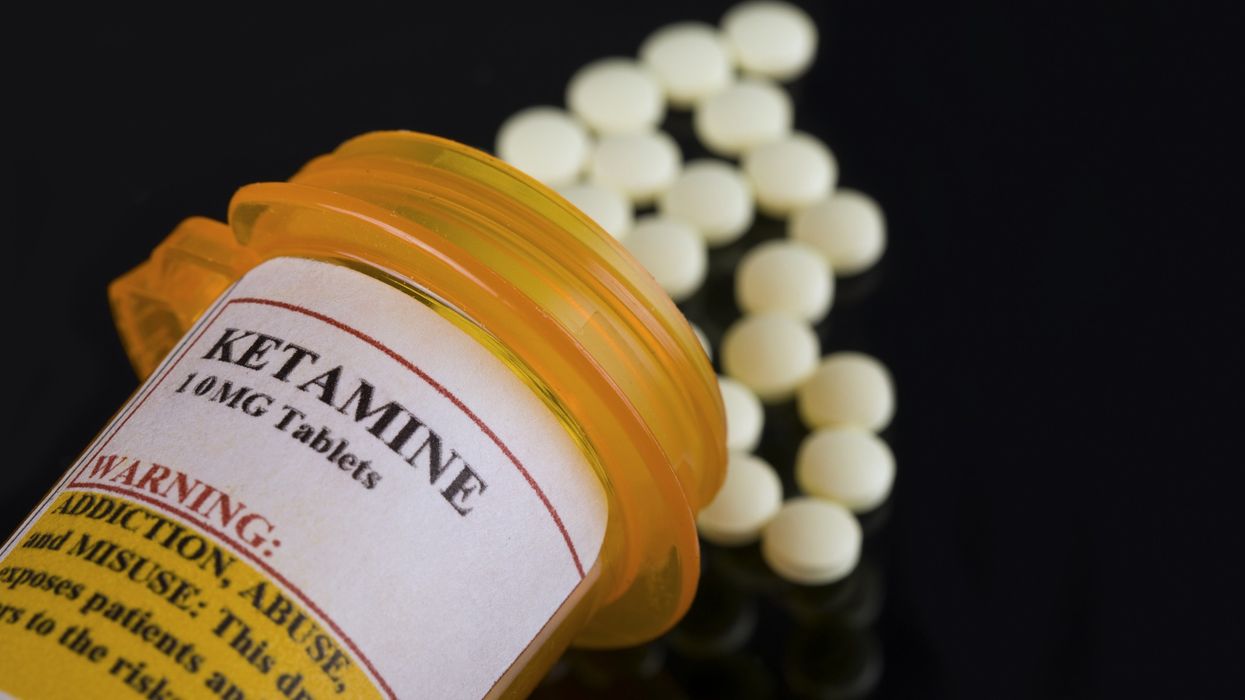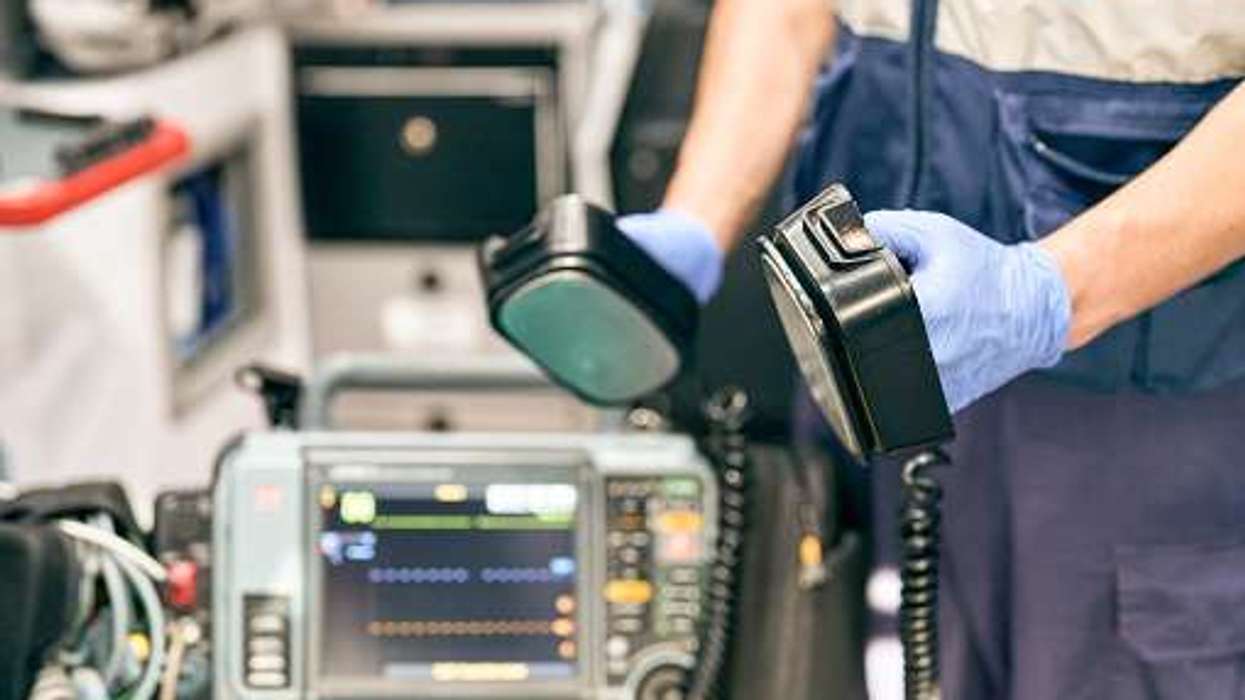The Royal College of Psychiatrists (RCPsych) has backed the use of ketamine-based medication for treating depression in clinical settings, but called for further research into other psychedelic drugs.
The experts said it is "vital" that new treatments for mental health conditions are developed, but warned that hype regarding psychedelic drugs should not be "prioritised above good clinical practice."
They said the current evidence base is limited and it should not be used in routine clinical practice.
They claimed that ketamine was used in studies involving thousands of patients to explore its impact on depression and was the most studied psychedelic drug.
Ketamine's effect on individuals with obsessive-compulsive disorder, post-traumatic stress disorder (PTSD), and alcohol or cocaine abuse is being studied in various ongoing and completed trials.
RCPsych said it would recommend the use of ketamine in specialist settings with appropriate oversight and monitoring arrangements.
As for other psychedelics, RCPsych said that early clinical studies have been “encouraging”, but there is “concern around the difficulties in conducting adequately blinded trials."
There are also concerns regarding side effects and the sustainability of therapeutic benefits they may provide.
RCPsych’s psychopharmacology committee chairman, professor Oliver Howes, said current treatments for mental disorders do not always work for all patients and called for the need for new ones.
The college said the new findings may emerge in the coming years, and its position will require updating.
A nasal spray known esketamine, which is derived from ketamine, is licensed in the UK for treatment-resistant depression.
This is available on the NHS in Scotland, but not in England.












